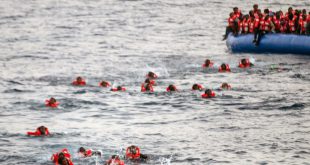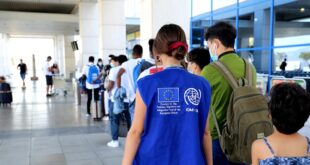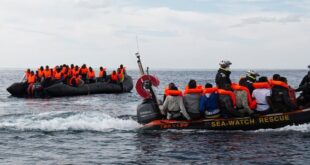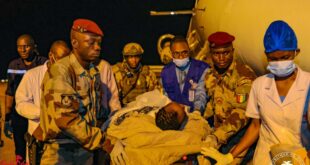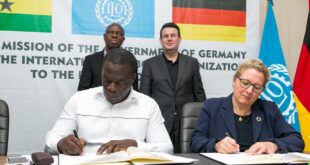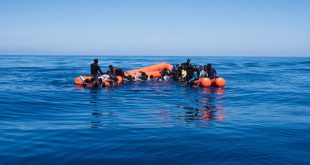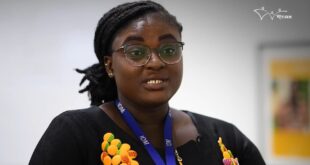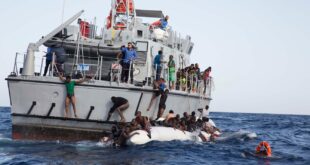Africa and Europe-based institutions have just concluded a week-long training in Dakar to deepen understanding of migration-related issues and strengthen its media coverage on the continent.
The workshop has received generous support from the Germany-based Erich Brost Institute for International Journalism of TU Dortmund University, the German magazine Africa Positive, the Robert Bosch Stiftung and the African Media Initiative (AMI).
The Spring School brought together 28 journalists from Europe and Africa and enabled them to work together on profound and constructive migration stories. The training was also an opportunity for scholars from the fields of development studies, demography and political studies to provide rich and diverse perspectives into the conversation around migration.
The research resulting from this event is expected to be integrated in leading media outlets such as The Nation (Nigeria), DIE ZEIT and Spiegel Online (Germany), Gazeta Wyborcza (Poland), The Ethiopian Herald or CRTV (Cameroon).
The central idea of the project was to connect journalists from Europe and Africa to work together on migration stories – an idea that finally came to life in Dakar. From March 11-17 March, the West African Research Centre (WARC) in the Senegalese capital became a dynamic hub for print, TV, radio and online journalists from all over the world — from Greece to Uganda, from Ethiopia to Slovakia.

The shared aim was to collaborate on stories connected to migration – and in the process to strengthen the intercultural understanding of the topic.
“African migrants who head to Europe through the desert and the Mediterranean are not travelling to look for a better life; they head out in search of life. It is a life and death option for them and they choose life!” said Eric Chinje, Senior Advisor at the African Media Initiative (AMI), who holds the view that intercontinental migration and the reasons behind the movements are underrepresented in many African media. Hence his support to the “Journalism in a Global Context” (JiGC) project, which started in 2015 in Dortmund, Germany.
“The international coverage on migration is often very Euro-centric – at the same time, coverage of migration in many African countries has too many blank spots”, says Prof. Dr. Susanne Fengler, Director of the Germany-based Erich Brost Institute for International Journalism of TU Dortmund University. “We want to promote a realistic image of Africa, exempted from negative clichés such as hunger, drought and sicknesses – but also exempted from positive clichés such as wild animals and romantic sunsets”, adds Veye Tatah, founder of Africa Positive.
The training is part of a larger project that includes content creation and promotion, training as well as research on the different forms of migration. Participating journalists have established a network of specialized reporters on migration issues and will act as a community of practice for purposes of cross-fertilization and peer mentorship.
AMI
 THE AFRICAN COURIER. Reporting Africa and its Diaspora! The African Courier is an international magazine published in Germany to report on Africa and the Diaspora African experience. The first issue of the bimonthly magazine appeared on the newsstands on 15 February 1998. The African Courier is a communication forum for European-African political, economic and cultural exchanges, and a voice for Africa in Europe.
THE AFRICAN COURIER. Reporting Africa and its Diaspora! The African Courier is an international magazine published in Germany to report on Africa and the Diaspora African experience. The first issue of the bimonthly magazine appeared on the newsstands on 15 February 1998. The African Courier is a communication forum for European-African political, economic and cultural exchanges, and a voice for Africa in Europe.




